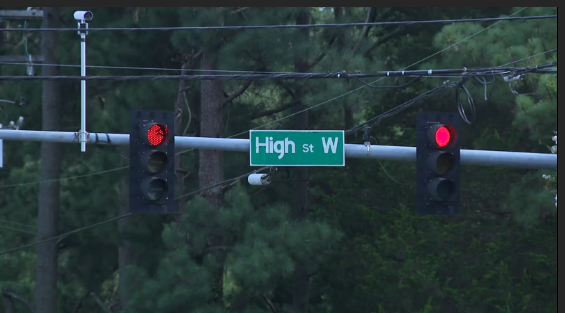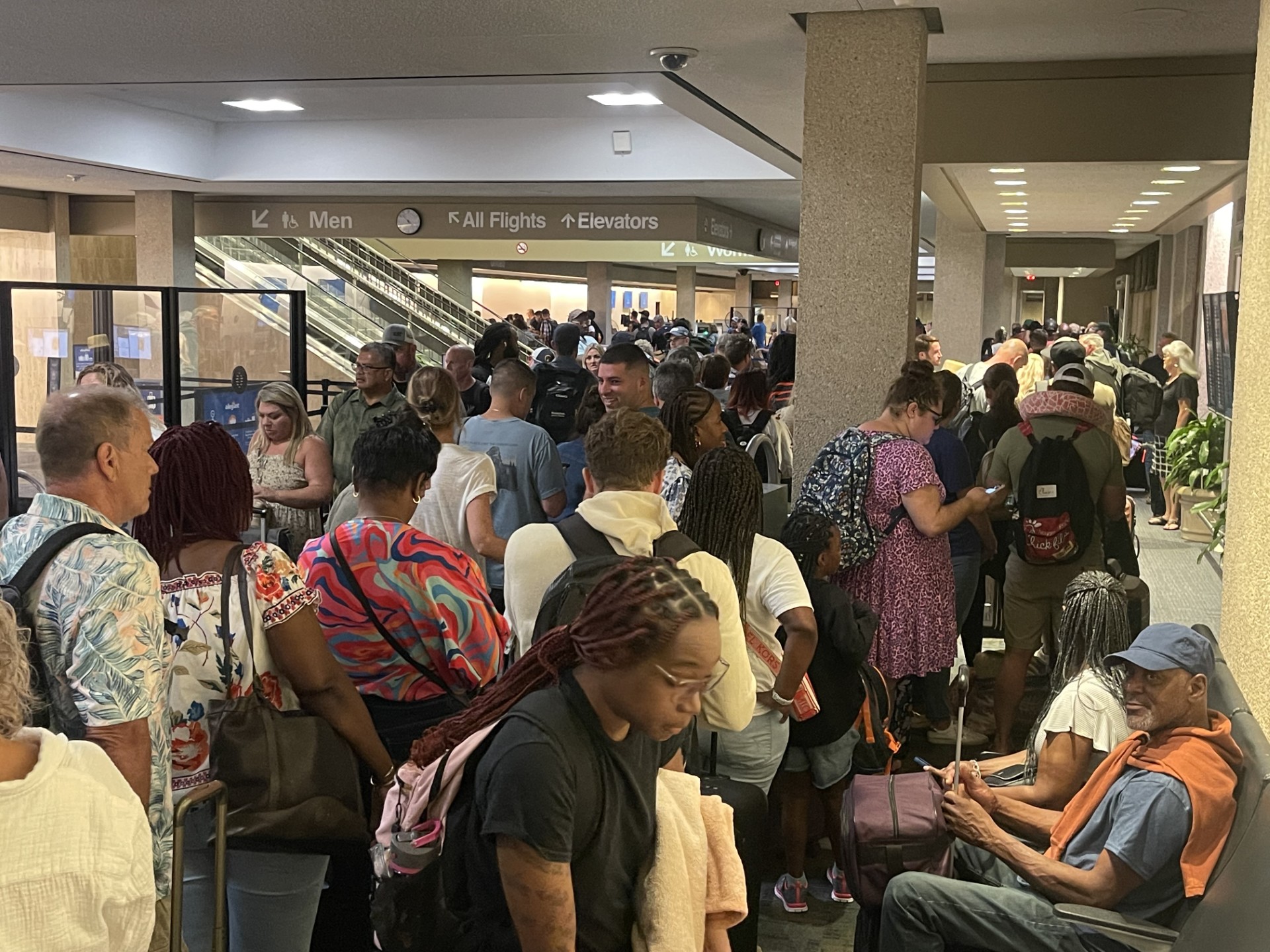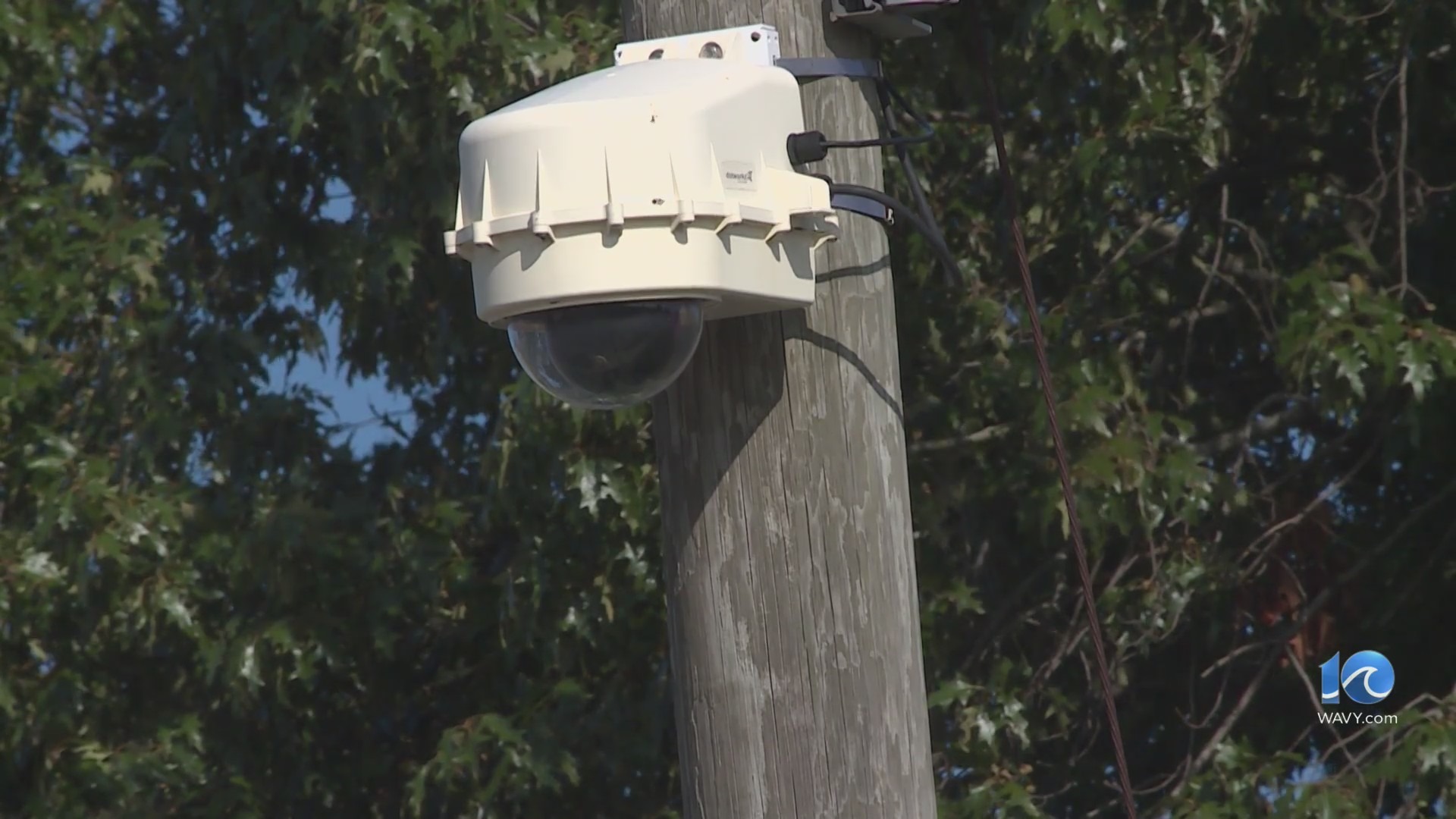(NEXSTAR) — Even if your paycheck is slightly larger this year, you may find yourself on a tight budget, with housing, groceries, and more still sporting high price tags. A recent survey shows most Americans can hardly afford a $1,000 emergency.
Unsurprisingly, where you live can have an impact on the wiggle room — or lack of it — in your budget.
Personal finance site SmartAsset recently reviewed data from the MIT Living Wage Calculator, which estimates the living wage needed to support various family sizes across the country based on expenditure data for food, childcare, insurance, housing, transportation, and more. That data was then applied to a common budgeting method known as the 50/30/20 rule — 50% of your budget should cover your needs, 30% goes toward “wants,” and 20% for debt, saving, or investing — to find the pre-tax salary need to live comfortably in 99 of the nation’s largest cities.
To do that, SmartAsset used MIT’s estimated living wage salaries as the “needs.” That was then doubled to find the salary necessary to cover needs, wants, and saving or paying off debt. While MIT provides living wage estimates for 12 different family structures, SmartAsset focused on two: one adult with no children, and two working adults with two children.
The nation’s most affordable cities were primarily in the South and Midwest, with four Texas cities landing within the top 10. The analysis found that Houston was the most affordable option for both a single person and a family of four.
One adult with no children can live comfortably in the Texas city on a salary of about $75,000, SmartAsset determined. A family would need about $100,000 more. Two other Texas cities, El Paso and Lubbock, were close behind Houston for both household sizes.
Here are the 10 cities where an individual with no children and a family of four need the lowest post-tax salary to “live comfortably,” according to SmartAsset:
| Cheapest cities for individuals | Cheapest cities for 2 adults with 2 children |
|---|---|
| Houston, Texas ($75,088) | Houston, Texas ($175,219) |
| El Paso, Texas ($75,254) | Laredo, Texas ($179,046) |
| Lubbock, Texas ($75,379) | El Paso, Texas ($180,461) |
| Toledo, Ohio ($77,501) | Lubbock, Texas ($181,043) |
| Laredo, Texas ($78,458) | Wichita, Kansas ($186,784) |
| Milwaukee, Wisconsin ($79,664) | New Orleans, Louisiana ($191,942) |
| Lexington, Kentucky ($79,997) | Corpus Christi, Texas ($192,275) |
| Tulsa, Oklahoma ($81,078) | Memphis, Tennessee ($194,106) |
| Wichita, Kansas ($81,203) | Denver, Colorado, and Winston-Salem, North Carolina ($194,605) |
| Cleveland, Ohio ($81,786) | Lexington, Kentucky ($196,102) |
Alternatively, cities on both coasts ranked as the most expensive for single earners and families. New York City is the most expensive for a single adult at $138,570, while San Francisco was the most costly for families at $339,123.
Seven of the 10 most expensive cities for a single adult and five of the 10 most expensive for families are in California, SmartAsset determined.
In six cities, two adults need to earn more than $300,000 to live comfortably with two kids: San Francisco; San Jose, California; Boston; Arlington, Virginia; New York City; and Oakland, California. Honolulu wasn’t far behind at $299,520.
Below are the 10 cities where an individual with no children and a family of four need the highest post-tax salary to “live comfortably,” according to SmartAsset:
| Most expensive cities for individuals | Most expensive cities for 2 adults with 2 children |
|---|---|
| New York City, New York ($138,570) | San Francisco, California ($339,123) |
| San Jose, California ($136,739) | San Jose, California ($334,547) |
| Irvine, California ($126,797) | Boston, Massachusetts ($319,738) |
| Santa Ana, California ($126,797) | Arlington, Virginia ($318,573) |
| Boston, Massachusetts ($124,966) | New York City, New York ($318,406) |
| San Diego, California ($122,803) | Oakland, California ($316,243) |
| Chula Vista, California ($122,803) | Urban Honolulu, Hawaii ($299,520) |
| San Francisco, California ($119,558) | Irvine, California ($291,450) |
| Seattle, Washington ($119,392) | Santa Ana, California ($291,450) |
| Oakland, California ($118,768) | Portland, Oregon ($289,786) |
These estimated salaries are much higher compared to SmartAsset’s analysis from last year. San Francisco ranked as the most expensive for a single earner at $84,026 — that’s more than $35,500 higher than a single earner in the same city required in SmartAsset’s 2023 report. It also matches an increase in the living wage necessary for a single adult in San Francisco, according to the MIT Living Wage Calculator. Last year, the site calculated the living wage for an individual supporting only themselves was $23.72. This year, that estimated living wage is $29.87.
The least expensive city to live in in Hampton Roads is Norfolk, with an individual needing to make $41.58 per hour and make a salary of $86,486, with a family of four (two children, two adults) needing to make $200,595 per year to live comfortably.
In Chesapeake, an individual needs to make $47.20 per hour and make a salary of $98,176, with a family of four needing to make $221,312 per year. In Virginia Beach, an individual needs to make $48.14 per hour and make a salary of $100,131, with a family of four needing to make $226,886 yearly.
You can view SmartAsset’s full list here. Don’t see your city listed? You can find your city, county or state on MIT’s Living Wage Calculator, then find the required annual income after taxes and multiply it by two.
Overall, SmartAsset found that to live comfortably in any major city, you need to make about $96,500 annually, up immensely from the nearly $68,500 it estimated last year. A family of four would need to make much more at $235,000 to avoid living paycheck to paycheck.
A recent analysis by a group of Congressional Republicans shows the impact of inflation on the average household in every state. (While the joint committee is chaired by a Democrat, the report and data were put out by its Republican members.) The report uses January 2021 as a benchmark “because it was the last time inflation was within recent historical norms.”
The report claims most American households would need to spend an additional $10,000 or more just to afford the same goods and quality of life they had less than three years ago.
Nexstar’s Alix Martichoux contributed to this report.











































































































